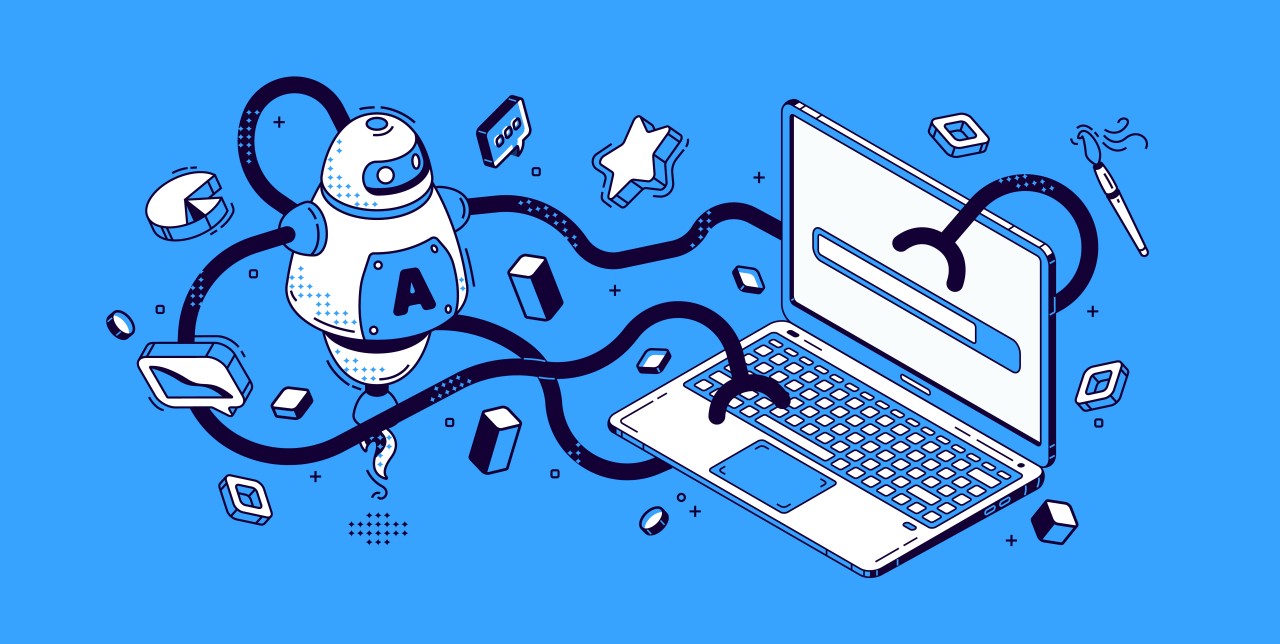AI in Education: 10 Tools Changing the Way We Learn
Artificial Intelligence (AI) has rapidly transformed the way we live and work, and AI tools have become indispensable in various industries. These tools are not just futuristic gadgets; they are practical solutions that are revolutionizing businesses, healthcare, education, and many other sectors. In this blog, we’ll explore the fascinating world of AI tools, examining their impact on our lives and the potential they hold for the future.
- AI Tools in Business
AI tools have found a substantial place in the business world. They enhance decision-making, automate repetitive tasks, and provide valuable insights. Here are some key applications:
- Data Analytics: AI-powered tools can analyze vast amounts of data, uncovering patterns and trends that would be impossible for humans to detect. Businesses use this information to make data-driven decisions, optimize operations, and personalize customer experiences.
- Chatbots and Virtual Assistants: Chatbots provide instant customer support, while virtual assistants help schedule appointments, answer questions, and manage emails. These tools improve customer service and operational efficiency.
- Predictive Maintenance: In manufacturing, AI tools predict when machines need maintenance, reducing downtime and saving costs.
- AI Tools in Healthcare
AI tools are transforming healthcare by improving diagnosis, treatment, and patient care:
- Medical Imaging: AI can analyze medical images such as X-rays, MRIs, and CT scans with high accuracy, aiding in early disease detection and treatment planning.
- Drug Discovery: AI accelerates drug discovery by analyzing vast datasets, identifying potential candidates, and predicting their effectiveness.
- Personalized Medicine: AI analyzes a patient’s genetic and clinical data to tailor treatments for maximum effectiveness.
- AI Tools in Education
Education is another sector benefiting from AI tools:
- Personalized Learning: AI-powered platforms adapt lessons to individual students’ needs, enhancing their learning experience.
- Automated Grading: Teachers can save time on grading assignments, as AI can provide instant feedback on multiple-choice and some essay questions.
- AI Tools in Creative Fields
AI is not limited to data-driven tasks; it can also be creative:
- Content Creation: AI-generated content includes text, images, and music. It assists content creators and marketers in generating ideas and even producing content.
- Art and Design: AI tools help artists and designers explore new creative possibilities, from generating abstract art to assisting in architectural design.
- Challenges and Ethical Considerations
While AI tools offer incredible benefits, they also raise ethical concerns. Issues like data privacy, bias in AI algorithms, and job displacement need careful consideration. Striking a balance between innovation and ethical use is crucial.
- The Future of AI Tools
The future of AI tools is promising. Here are a few exciting possibilities:
- Enhanced Virtual Reality: AI tools will make virtual experiences more realistic and interactive, improving industries like gaming, education, and even remote work.
- AI in Robotics: Robotics combined with AI will result in more autonomous and capable robots, revolutionizing manufacturing, healthcare, and transportation.
- AI in Climate Change Solutions: AI can help analyze climate data and develop innovative solutions for addressing environmental challenges.
